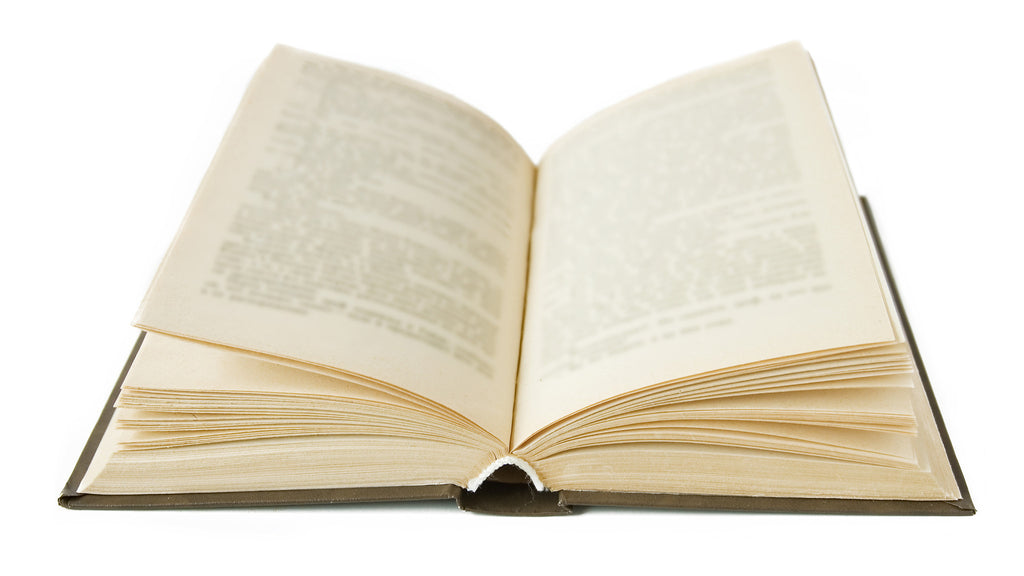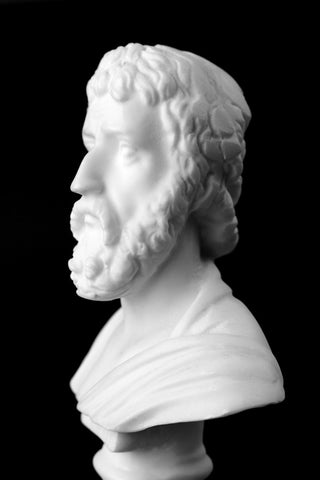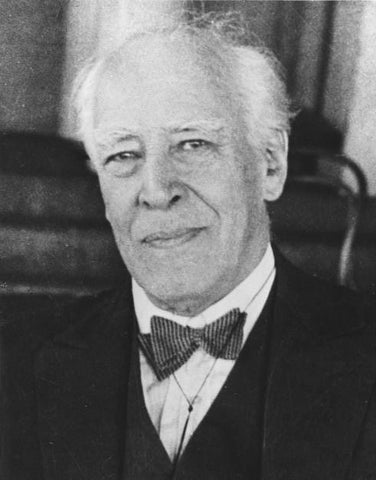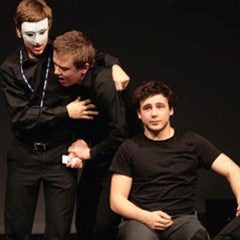
Introducing students to the work of Elizabeth LeCompte
£14.95
In Unit 2 of the AQA AS specification, ‘Presentation of an Extract from a Play – Practical’, students are required to work in groups to present for an audience an extract from a published play of their choice. They have a free choice of playtext, provided that their selection represents a different period and genre from the play studied for Unit 1. The play chosen cannot be a set text.
Students’ interpretation of the chosen extract should be influenced in clear ways by the work of an influential director, designer, theatre company or other practitioner – a mentor – who has made a significant contribution to theatre practice. Again, there is a free choice and though the specification provides a short list of exemplar mentors, this is for guidance only. Candidates may choose to present a continuous extract taken from any part of their selected play, or two or more sequences of continuous action taken from different parts of the play.
As part of the assessed work – though most marks are reserved for the dramatic effect of the performance – students must prepare a set of supporting notes which will demonstrate understanding of the work of their nominated mentor, and will contain an outline of their dramatic intentions for the audience, as well as a record of their application of their mentor’s ideas. Teachers may offer formal teaching about the chosen mentors or may choose to guide candidates through independent research into a mentor’s work and influence.
Such supporting notes will provide evidence of exploration of the work of the chosen practitioner. Students need to show their research into the mentor’s work through reading and other resources and, where possible, through attendance at relevant productions. Secondly, the notes should provide a lucid outline of dramatic intentions for the audience, in relation to the group’s interpretation of the chosen extract and the influence of the chosen practitioner. Finally, the notes must include an assessment of the rehearsal process and of the potential effectiveness of the piece for an audience.
Unit 2, therefore, provides a rich opportunity for you and your students to break free of the rather prescribed list of practitioners which the syllabus has insisted on in its previous forms. They can now attempt more experimental work and can select mentors from a worldwide range of practitioners and theorists.




